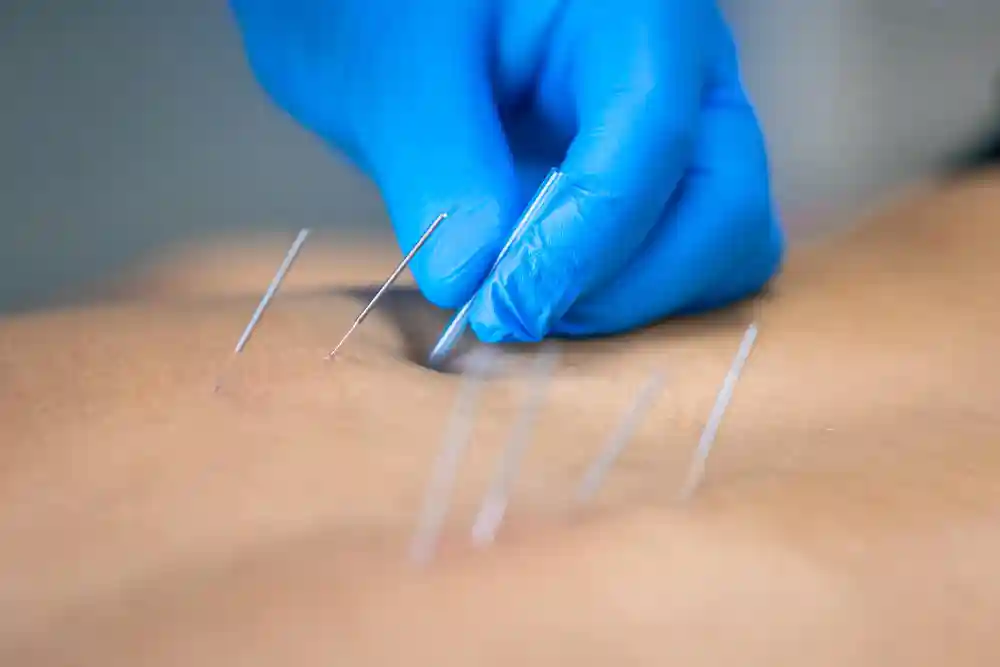Migraines are more than just headaches; they can be debilitating, affecting daily life and productivity. While conventional treatments like pain relievers and prescription medications can offer temporary relief, many people seek natural and long-term solutions. One such alternative is acupuncture, a time-tested practice in Traditional Chinese Medicine (TCM) that has been shown to provide significant relief from migraines. In this blog, we explore how acupuncture for migraines can help alleviate pain and prevent future attacks.
Understanding Migraines and Their Causes
Migraines are neurological conditions characterized by intense, throbbing headaches that often occur on one side of the head. They are frequently accompanied by nausea, vomiting, and sensitivity to light and sound. The exact cause of migraines is not entirely understood, but several factors can contribute, including:
- Hormonal changes – Many women experience migraines due to hormonal fluctuations.
- Stress and anxiety – High levels of stress can trigger or worsen migraines.
- Dietary factors – Certain foods and drinks, such as caffeine, alcohol, and processed foods, can be triggers.
- Sleep disturbances – Lack of quality sleep can increase the risk of migraine attacks.
- Environmental factors – Bright lights, strong smells, and loud noises can provoke migraines.
How Acupuncture Works for Migraine Relief
Acupuncture is a core practice of Traditional Chinese Medicine that involves inserting thin, sterile needles into specific points on the body to restore balance and promote natural healing. According to TCM principles, migraines result from imbalances in the body’s energy, or “Qi,” as well as disruptions in blood circulation and blockages in energy pathways (meridians).
Acupuncture for migraines works by:
- Regulating Qi and blood flow – Stimulating specific acupuncture points improves circulation and helps prevent the stagnation of energy, which is often linked to migraine pain.
- Releasing endorphins – Acupuncture triggers the release of endorphins, the body’s natural painkillers, reducing migraine intensity and duration.
- Lowering stress levels – Since stress is a common migraine trigger, acupuncture’s ability to relax the nervous system can help prevent attacks.
- Reducing inflammation – By promoting better circulation and immune response, acupuncture can reduce inflammation, a potential factor in migraines.
Scientific Evidence Supporting Acupuncture for Migraines
Numerous studies have demonstrated the effectiveness of acupuncture in treating migraines. A 2020 meta-analysis published in The Journal of Pain found that acupuncture significantly reduced the frequency and severity of migraine attacks compared to conventional treatments. Another study in JAMA Internal Medicine concluded that acupuncture was more effective than sham acupuncture and medication in preventing migraines.
Additionally, the World Health Organization (WHO) recognizes acupuncture as a viable treatment for migraine relief. Clinical trials suggest that individuals who receive acupuncture experience fewer migraine days per month and require less medication.
What to Expect During an Acupuncture Session
If you are considering acupuncture for migraines, here’s what you can expect from a typical session:
- Initial Consultation – A licensed acupuncturist will assess your medical history, lifestyle, and migraine patterns to develop a personalized treatment plan.
- Needle Insertion – Thin needles are inserted into specific acupuncture points, often on the head, neck, hands, and feet.
- Relaxation Period – The needles are left in place for about 20–30 minutes while you relax.
- Post-Treatment Effects – Some people experience immediate relief, while others may require multiple sessions for noticeable results.
Many patients report feeling deeply relaxed during and after the session, with some experiencing reduced migraine frequency and intensity after a few treatments.
Additional Lifestyle Tips to Complement Acupuncture
While acupuncture is a powerful tool for migraine relief, combining it with healthy lifestyle habits can enhance its effectiveness. Here are some tips:
- Maintain a migraine diary – Tracking your triggers can help you avoid them.
- Stay hydrated – Dehydration can worsen migraines.
- Practice stress management – Techniques like meditation, yoga, and deep breathing can help reduce migraine occurrences.
- Adopt a balanced diet – Avoiding processed foods, artificial sweeteners, and excessive caffeine can lower migraine risk.
- Get adequate sleep – Establishing a consistent sleep schedule can improve overall well-being.
Is Acupuncture for Migraines Right for You?
Acupuncture is a safe, natural, and effective treatment for migraine sufferers looking for long-term relief without the side effects of medication. While individual responses vary, many patients report significant improvements in their migraine symptoms after consistent acupuncture treatments.
If you are struggling with migraines and seeking a holistic approach, consider acupuncture as a viable solution. At Beijing Tong Ren Tang, our experienced TCM practitioners specialize in acupuncture for migraines, helping you regain balance and live pain-free.

Book Your Consultation Today
Don’t let migraines control your life. Discover the benefits of acupuncture for migraines at Beijing Tong Ren Tang and experience natural pain relief tailored to your needs. Contact us today to schedule your appointment and start your journey toward better health.



